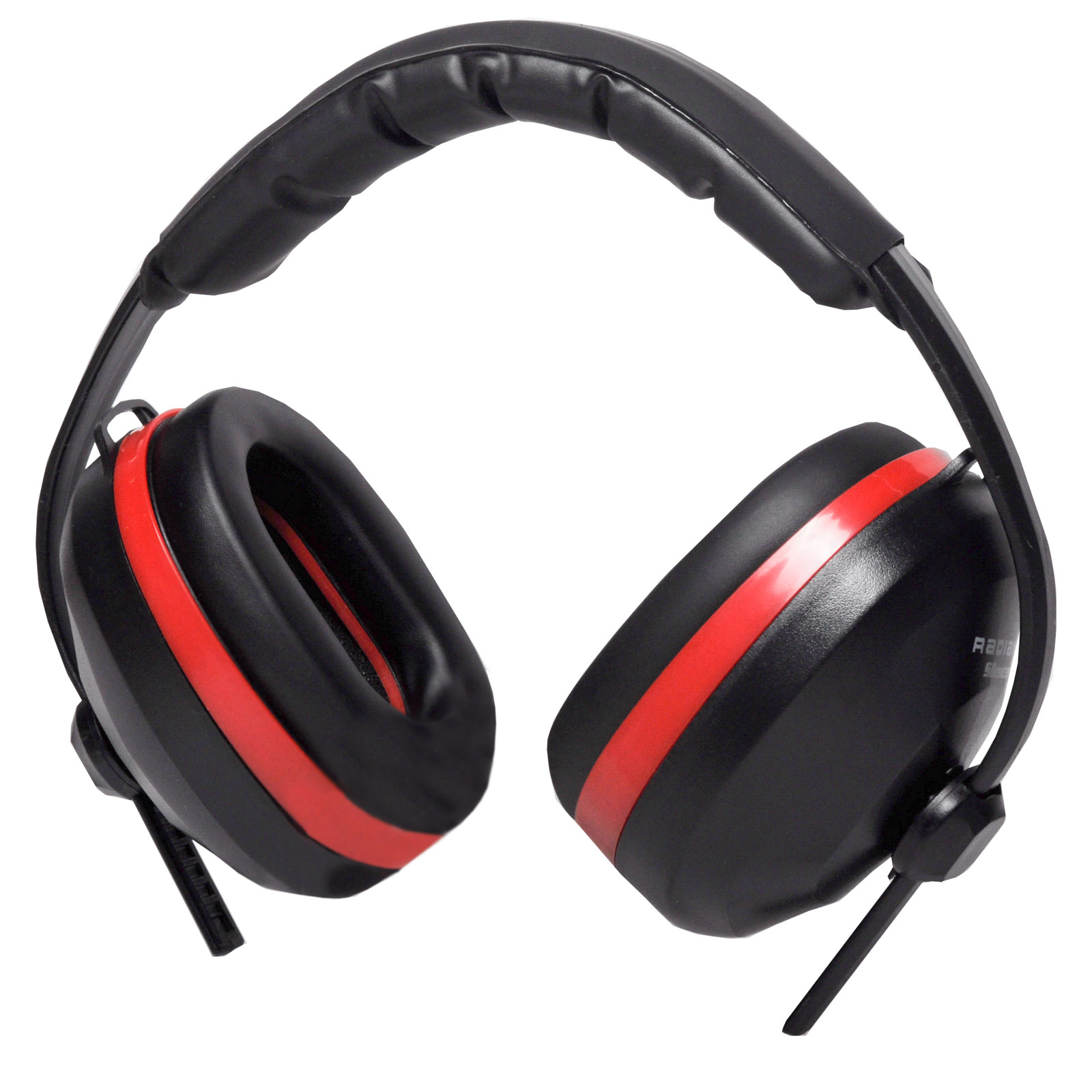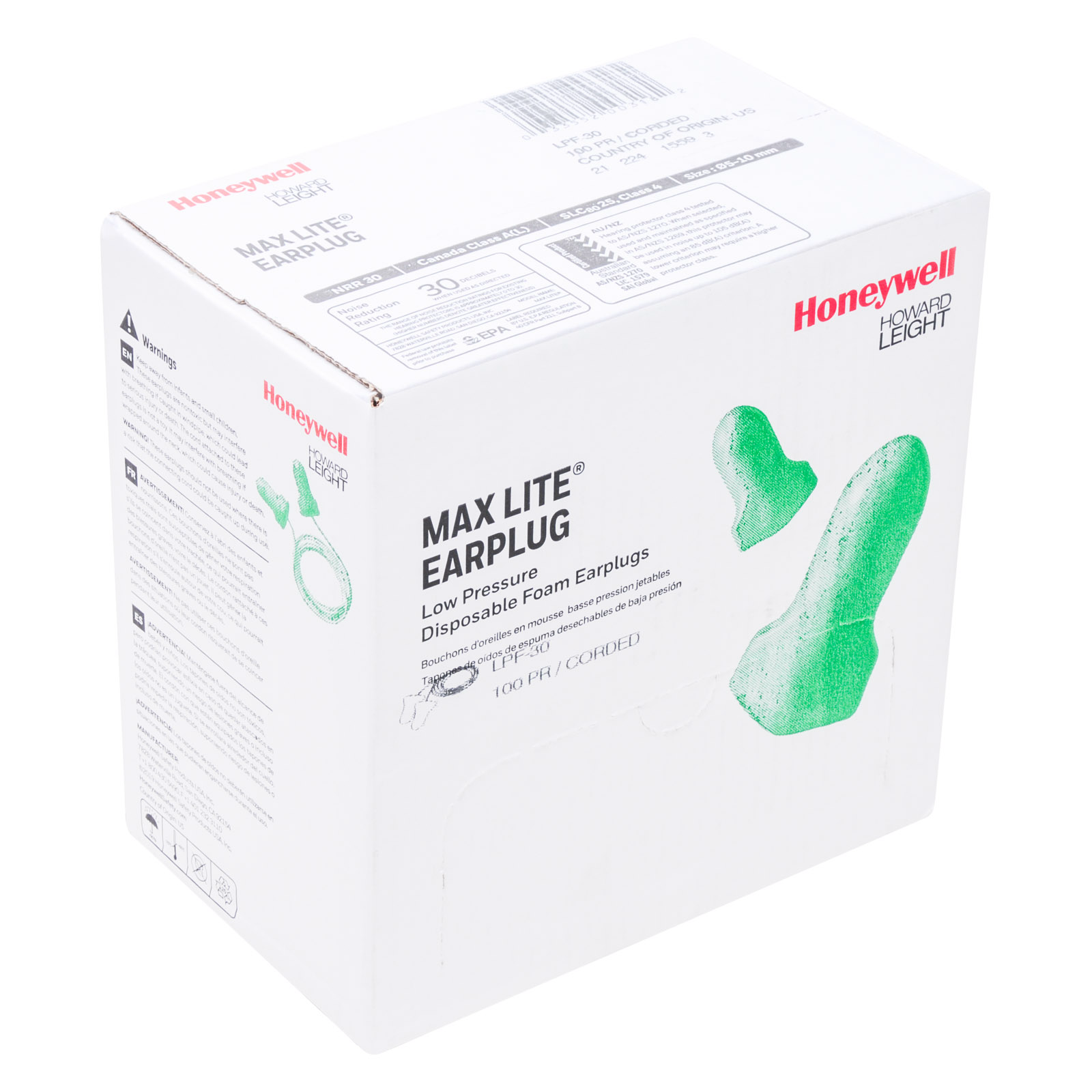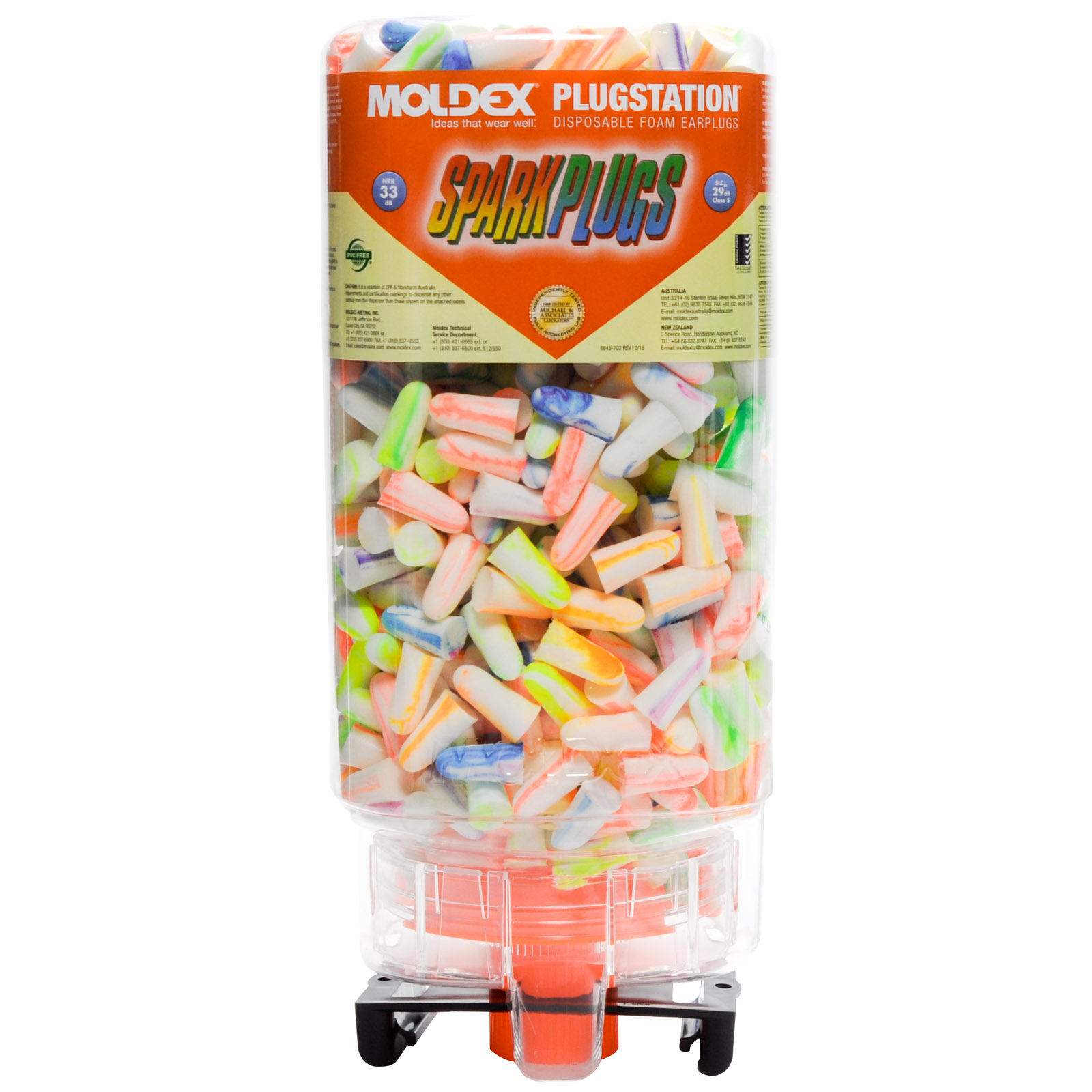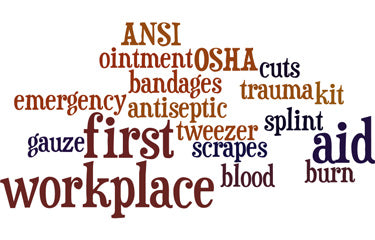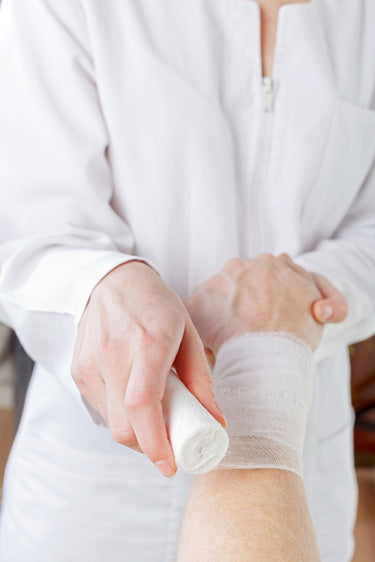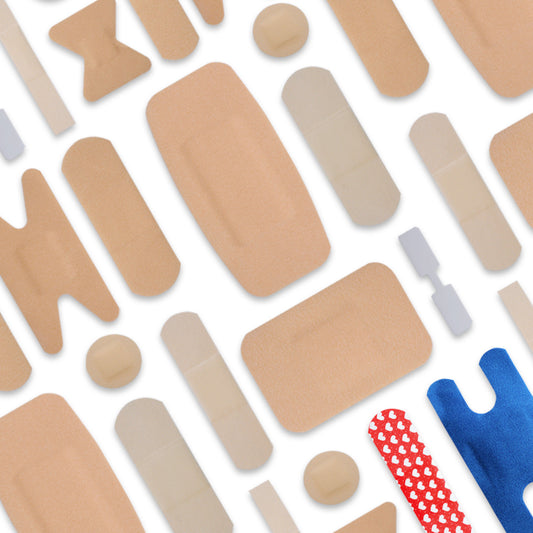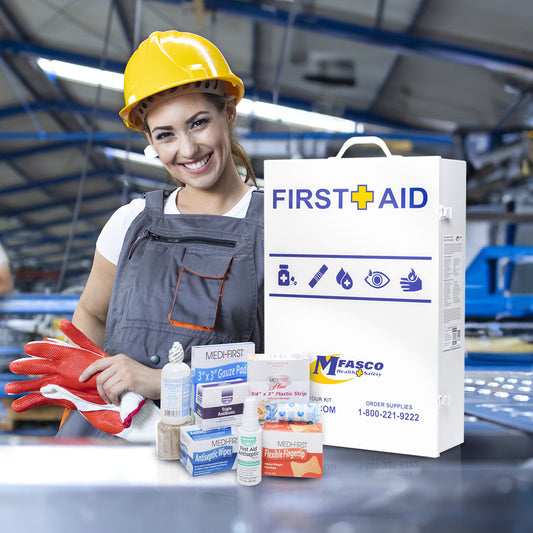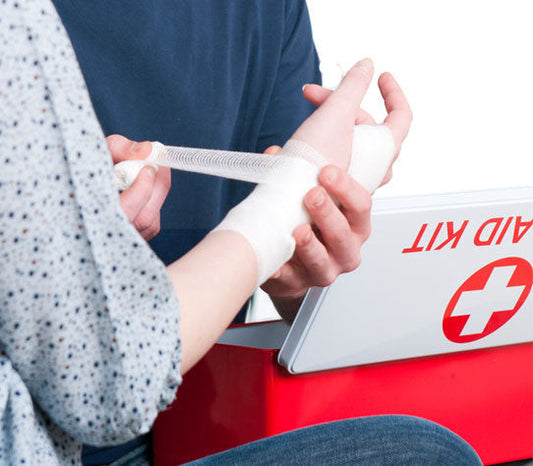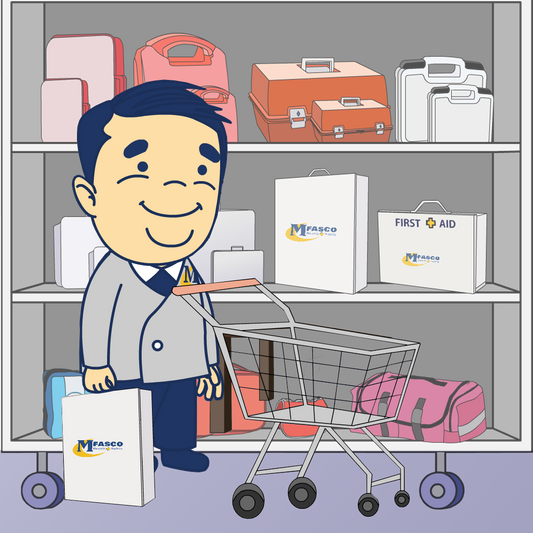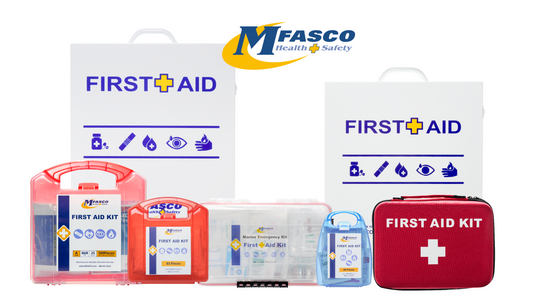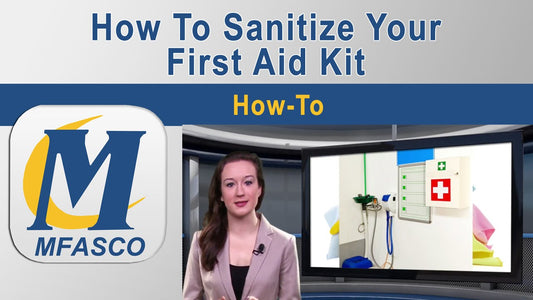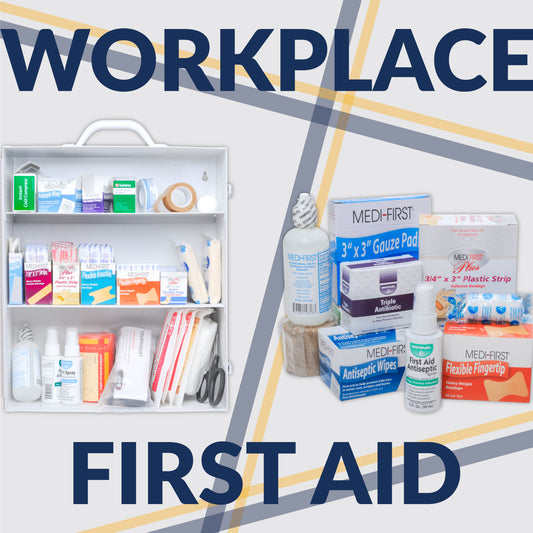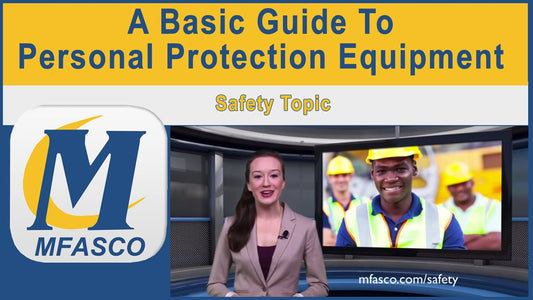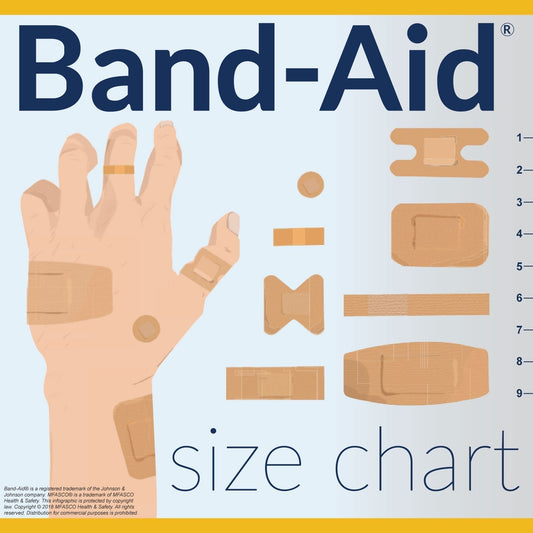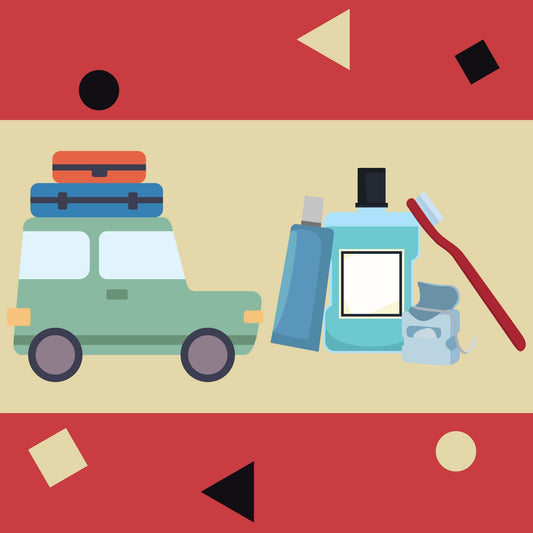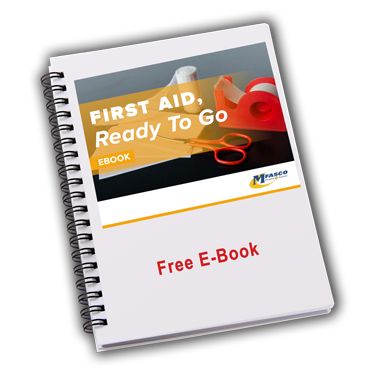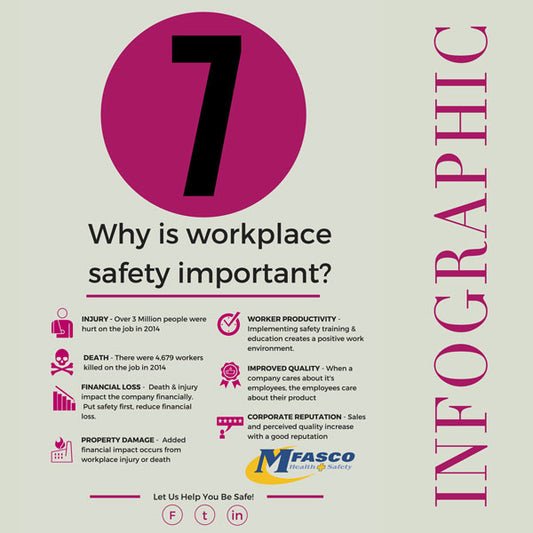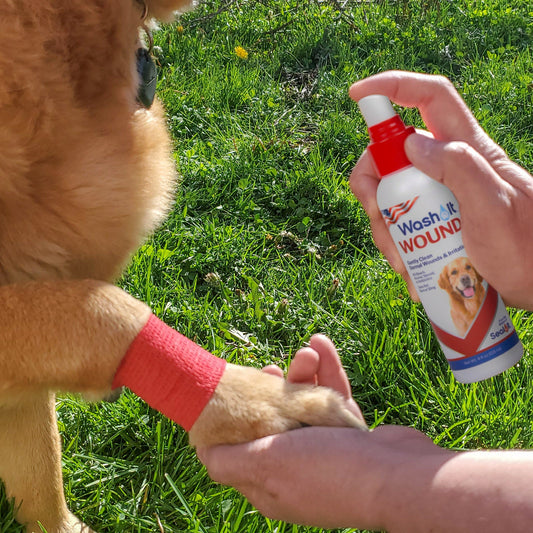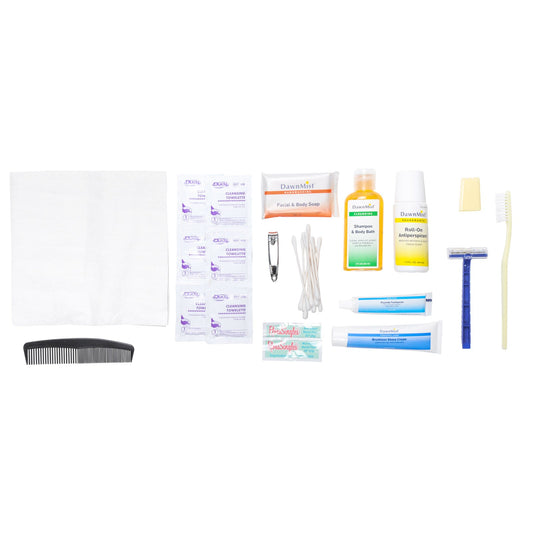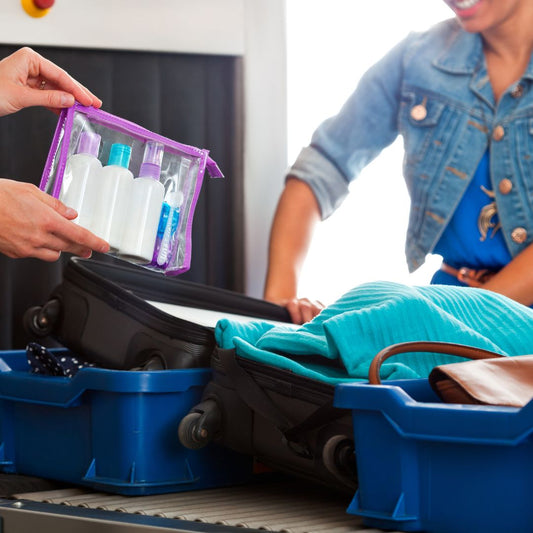5 Jobs That Can Cause Hearing Loss
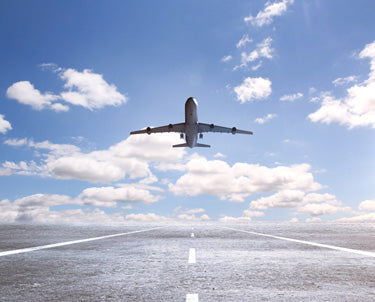
Unsafe noise can cause hearing loss
When it comes to personal protective equipment, earplugs, ear muffs, and other items that help prevent hearing loss are often overlooked. The fact is there are a lot of occupations that regularly put workers at risk of incurring permanent hearing loss, but hearing PPE often isn't worn or isn't enforced. This is particularly true in professions that aren't traditional culprits that cause hearing loss. For example, marshals at shooting ranges notoriously endure unsafe noise levels from firearms (up to 140 decibels), but it's standard practice for these workers to wear custom-fitted earplugs and heavy-duty earmuffs on the job.
The Occupational Health and Safety Association warns that about 30 million workers are exposed to unsafe noise levels each year. OSHA states that the permissible exposure limit (PEL) for workers is 90 decibels for eight hours a day, but at this noise level, employees should still use hearing protection. Importantly, the organization includes a clause that stipulates that every time the noise level rises 5 decibels beyond the PEL, the amount of exposure time is cut in half. This means employees working in an environment at 95 decibels could not be exposed to the noise for more than four hours.
However, the National Institute for Occupational Safety and Health advises that work environments should be maintained at 85 decibels or below to best prevent hearing loss. Significantly, NIOSH also recommends that workers not be exposed to 100 decibels for more than 15 minutes per day. To mitigate the risk of hearing loss, occupations that necessitate noise exposure should take two main measures. First, noise levels should be reduced as much as possible. Secondly, hearing protection should always be worn at all times for jobs in loud environments.
Five such jobs that can cause hearing loss include:
"A hammer drill can create noises up to 115 decibels."
1. Construction
According to Audicus, a hearing aid provider, many tools used commonly on construction sites produce volumes well above 85 decibels, and a hammer drill is one of the noisiest at 115 decibels. Construction workers use clamorous equipment all day which cause hearing loss, and without proper hearing protection, the noise will take an incredible toll. Construction workers should utilize earplugs and ear muffs in tandem to get the maximum amount of hearing protection on the job. Employers should always have an adequate supply of earplugs available and regularly check and replace damaged earmuffs.
2. Nightclub/noisy restaurant staff
Numerous studies have revealed that bars, nightclubs, dance halls, and concert venues can create environments where dangerous noise levels are the norm. The music in such establishments often blares around 100 decibels, which can cause permanent hearing damage not only for patrons but also for bartenders, servers, security guards, and other staff members. In the Big Apple, The New York Times found that when it measured noise levels in 37 bars, restaurants, and other stores across the city, about one-third of them were too noisy to be safe. Therefore, food service businesses should consider having earplugs available to staff, especially during noisy shifts during and after dinner.
3. Factory workers
Manufacturing is an enormous industry in the U.S., but factories, plants, and other production facilities are tremendously loud. Due to the size of this industry, hazardous hearing environments are common across the U.S. because of loud machinery and lengthy shifts. One of the biggest current and future challenges of the manufacturing sector will be to develop quieter machines, thereby mitigating the major cause of occupational hearing loss. However, in the meantime, it's of the utmost importance that factory workers wear proper hearing protection and are allowed regular breaks to step away from all the noise.
4. Airport ground staff
Those working on runways, such as airplane technicians, ground crews, and mechanics, are all exposed to profoundly unsafe noise levels that cause hearing loss. A jet engine emits around 140 decibels, which is loud enough to cause permanent hearing damage immediately. For these workers, well-fitted ear muffs aren't simply a high priority - they're absolutely necessary to hearing health.
5. Jobs that require sirens
Police officers, firefighters, and EMTs all do an incredible service for their communities; however, noise-induced hearing loss is common among these workers due to noise caused by sirens. Several studies have particularly found that hearing loss affects a significant percentage of the nation's 1.1 million firefighters. One of the reasons for this is that firefighters often work 24-hour shifts, meaning that the PEL has to be adjusted compared to 9 to 5 workers.
The only way to know if your work environment is safe for your hearing is to measure the noise level. If your workplace regularly reaches volumes of around 85 decibels or higher, implementing protocols for hearing protection is a must.
Hearing Loss Prevention Products & Accessories
Hearing Loss Prevention Products
Disposable Foam Ear Plug Products
Ear Muff Products
Additional Resources for Hearing Loss Prevention
What Causes Hearing Loss?
How To Select & Care for Hearing Protection
4 Ways To Protect Your Hearing in a Workplace Setting
Contributing Expert

Mike Brinker
Mike Brinker has been working in the first aid industry for over 35 years. He has worked with thousands of businesses,groups, and organizations to provide a healthy and safe work environment. Mike helped create “Make-A-Kit”, the internet's only online first aid kit creation tool. He has also authored many helpful first-aid and safety-related resource articles found at the MFASCO Learning Center.

